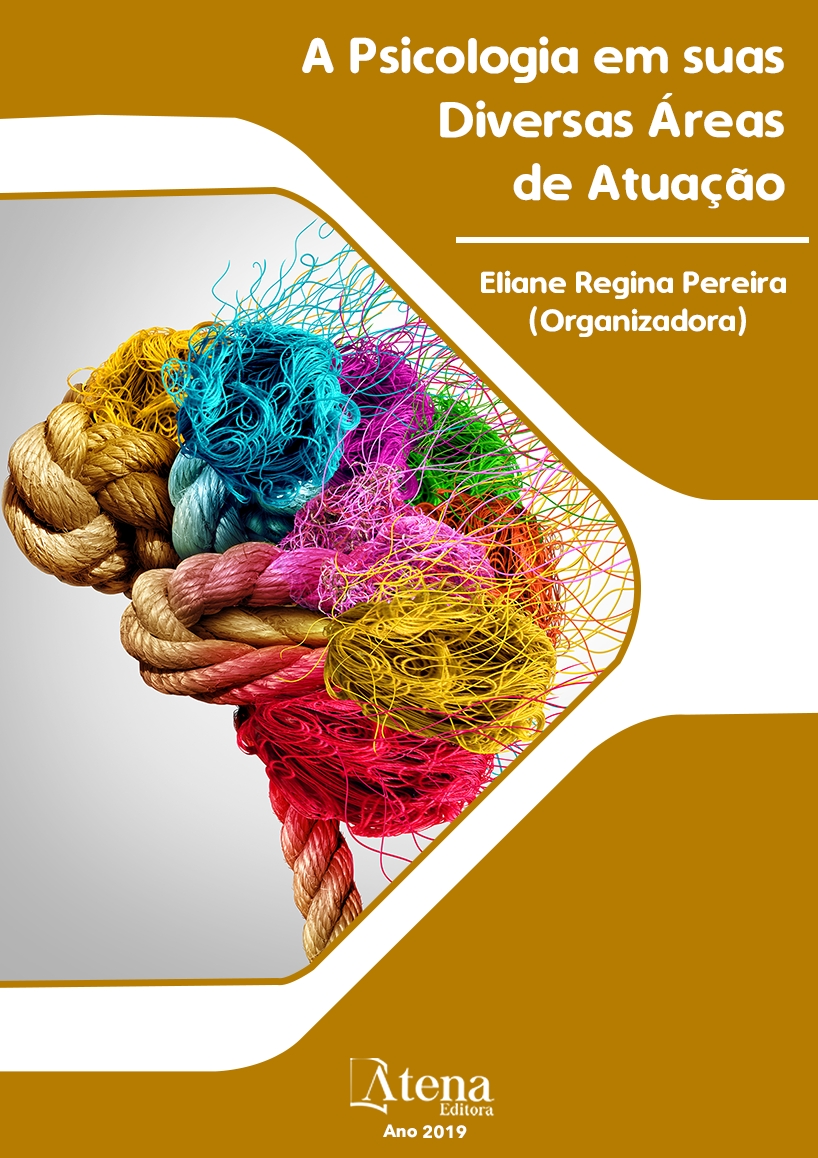
A FORMAÇÃO DA SUBJETIVIDADE DO CEGO A LUZ DA PSICANALISE
Essa pesquisa de cunho bibliográfico
objetiva, prover um olhar ao indivíduo que
apresenta a cegueira congênita, buscando
compreender o seu desenvolvimento a partir de
pressupostos referentes ao tema que estejam
relacionados aos estudos de assentamento
biológicos, bem como de base metapsicologia
e psicanalítica. Visa-se compreender, mediante
quais maneiras o cego irá se adaptar e interagir,
partindo de suas relações com o mundo
interno e externo. Segundo Ormelezi (2006
apud. ALMEIDA e ARAÚJO, 2013), a cegueira
congênita se manifesta do nascimento até os
cinco anos de idade, pois é nessa faixa etária
que a maturação visual se aperfeiçoa, ou seja,
em que a importância visual da criança se
iguala à do adulto. A partir dos pressupostos
da Psicanálise Amiralian (1997), destaca que
a característica específica da cegueira é a
qualidade de apreensão do mundo externo.
O sujeito cego utiliza-se de meios não usuais
dentre os indivíduos possuidores de visão
para estabelecer relações com o mundo dos
objetos, pessoas e coisas que as cercam. A
autora (2003) ainda declara que ao refletirmos
o psiquismo como a preparação imaginativa
das experiências vividas, o cego congênito,
apresentará experiências somáticas simbólicas,
ou seja, ingressará em contato com o ambiente
externo, partindo de seu conjunto sensorial,
sendo que seu psiquismo conterá como base
essas experiências. Desta forma constatase
que compreender se o comprometimento
perceptivo do sujeito cego altera a construção de
sua subjetividade. Concluindo-se que os outros
sentidos, atuarão segundo Santin e Simmons
(2005), não sendo substitutos ou assumindo o
lugar da falta de visão, mas tornando possível a
formação da subjetividade do cego.
A FORMAÇÃO DA SUBJETIVIDADE DO CEGO A LUZ DA PSICANALISE
-
DOI: 10.22533/at.ed.36919231017
-
Palavras-chave: Cegueira Congênita; Construção da subjetividade; Psicanálise.
-
Keywords: Congenital Blindness; Construction of subjectivity; Psychoanalysis.
-
Abstract:
This objective bibliographical
research proved a glance at the individual
presenting a congenital blindness, seeking
the development of his assumptions about the
origin of the subject, being subordinate to the
studies of biological settlements, as well as of
base metapsychology and psychoanalytic. It
aims to understand, through the forms of oego,
to adapt and interact, starting from its relations
with the internal and external world. According to
Ormelezi (2006 apud ALMEIDA and ARAÚJO,
2013), congenital blindness manifests itself
from birth to five years of age, because it is in this age group that visual maturation
improves, that is, in which the visual importance of the child is equal to that of the adult.
From the assumptions of Amiralian Psychoanalysis (1997), he emphasizes that the
specific characteristic of blindness is the quality of apprehension of the external world.
The blind person uses unusual means among the individuals possessing vision to
establish relationships with the world of objects, people and things that surround them.
The author (2003) further states that when we reflect the psyche as the imaginative
preparation of lived experiences, the congenital blind person will present symbolic
somatic experiences, that is, he will come into contact with the external environment,
starting from his sensorial set, his psyche these experiences. In this way it is verified
that to understand if the perceptive commitment of the blind subject changes the
construction of its subjectivity. Concluding that the other senses will act according to
Santin and Simmons (2005), not being substitutes or assuming the place of the lack of
vision, but making possible the formation of the subjectivity of the blind.
-
Número de páginas: 15
- TALITA FRANCIELE DE OLIVEIRA MEDEIROS


